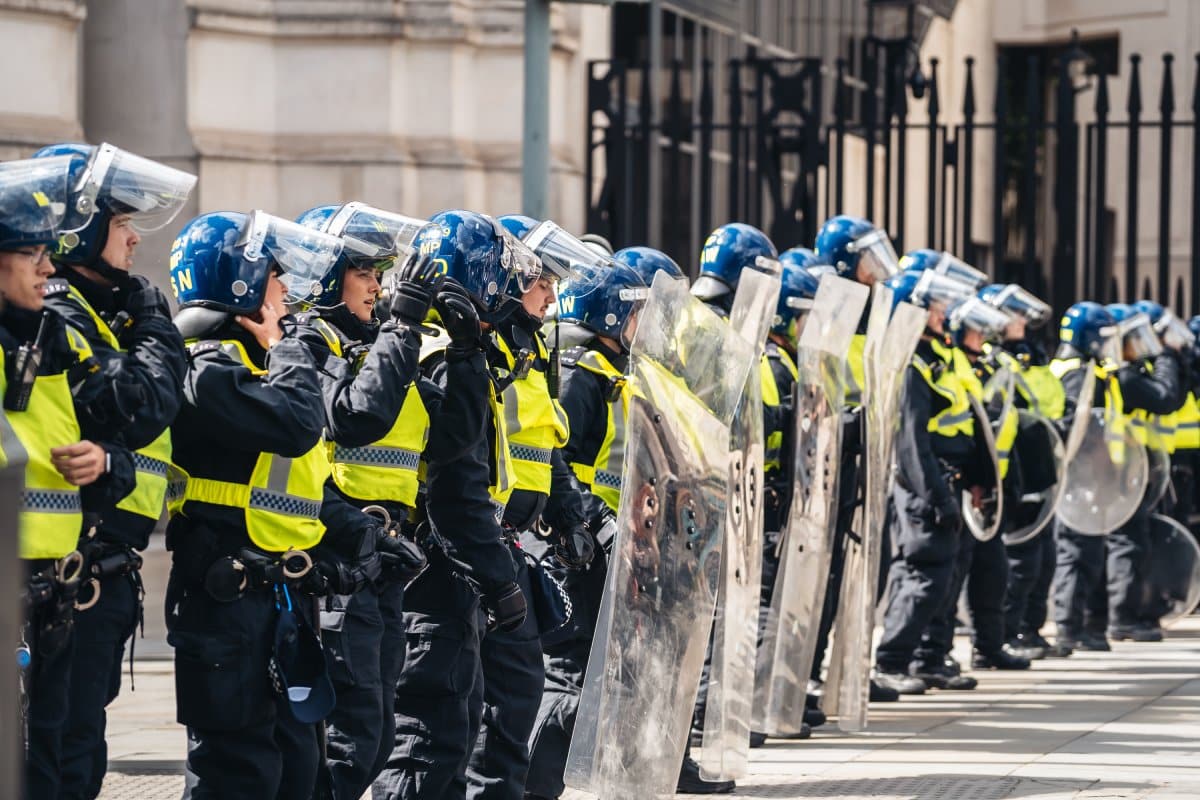Human rights and environmental groups are urging the Home Secretary to reverse recent harsh crackdowns on peaceful protests, sparking a heated debate on the future of democratic freedoms in the UK. Here’s the full story.
Crackdown on Protest

Human rights and environmental groups are intensifying their efforts to reverse the “crackdown” on peaceful protests by the previous Conservative government in an open letter to Home Secretary Yvette Cooper, signed by 92 organisations, including Amnesty International UK, Greenpeace UK, Wildlife and Countryside Link, Liberty, and Christian Aid, which called for urgent action to protect the right to protest.
Activists Imprisoned
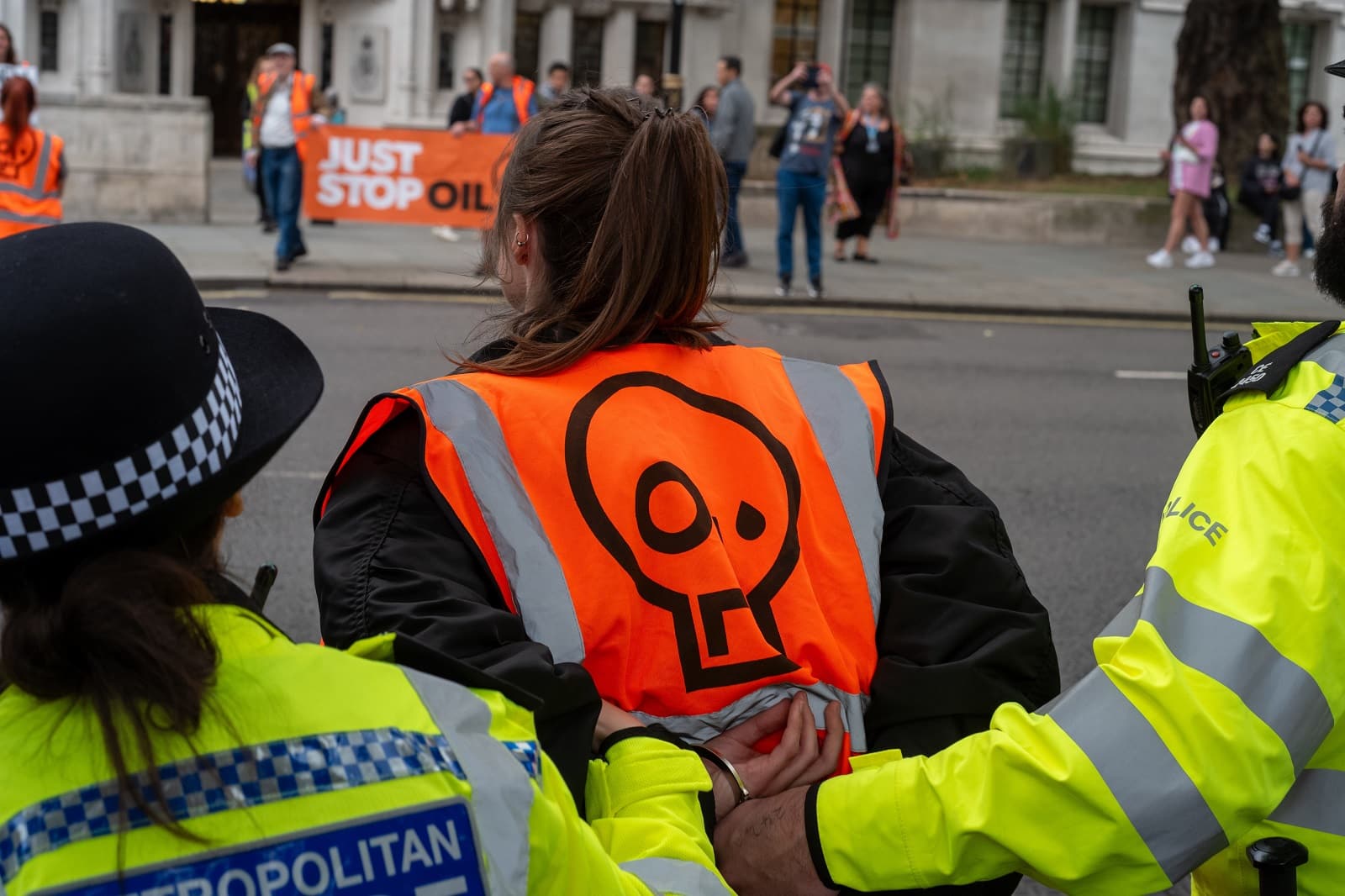
The letter was likely prompted by growing concerns over the right to protest in the UK, which culminated in the recent imprisonment of five Just Stop Oil activists for their role in a peaceful 2022 protest that disrupted the M25 motorway. The activists received sentences of four to five years, which have been widely condemned as draconian and heavy-handed and are thought to be the longest sentences ever handed out for peaceful protest.
UN Condemnation

The sentences were condemned by UN Human Rights Commissioner Volker Turk, who stated they were “deeply troubling,” and the laws themselves were denounced by Michel Forst, the UN special rapporteur for environmental defenders, as “not acceptable in a democracy.”
Deliberate Strategy

The open letter to Cooper stresses that the sentences are part of a “deliberate strategy by previous governments to criminalise and shrink the space for peaceful protest in our democracy”. It states that the Labour government faces “a clear choice between allowing its dire consequences to play out under its watch, or doing something to prevent it”.
Gagging Laws

The letter’s signatories point to the Police, Crime, Sentencing and Courts Act 2022 and the Public Order Act 2023 as critical components of the previous government’s strategy to limit protest rights. Describing these laws as “gagging laws,” they argue that these measures have severely restricted the space for peaceful protest.
Absurd Courtroom Scenarios
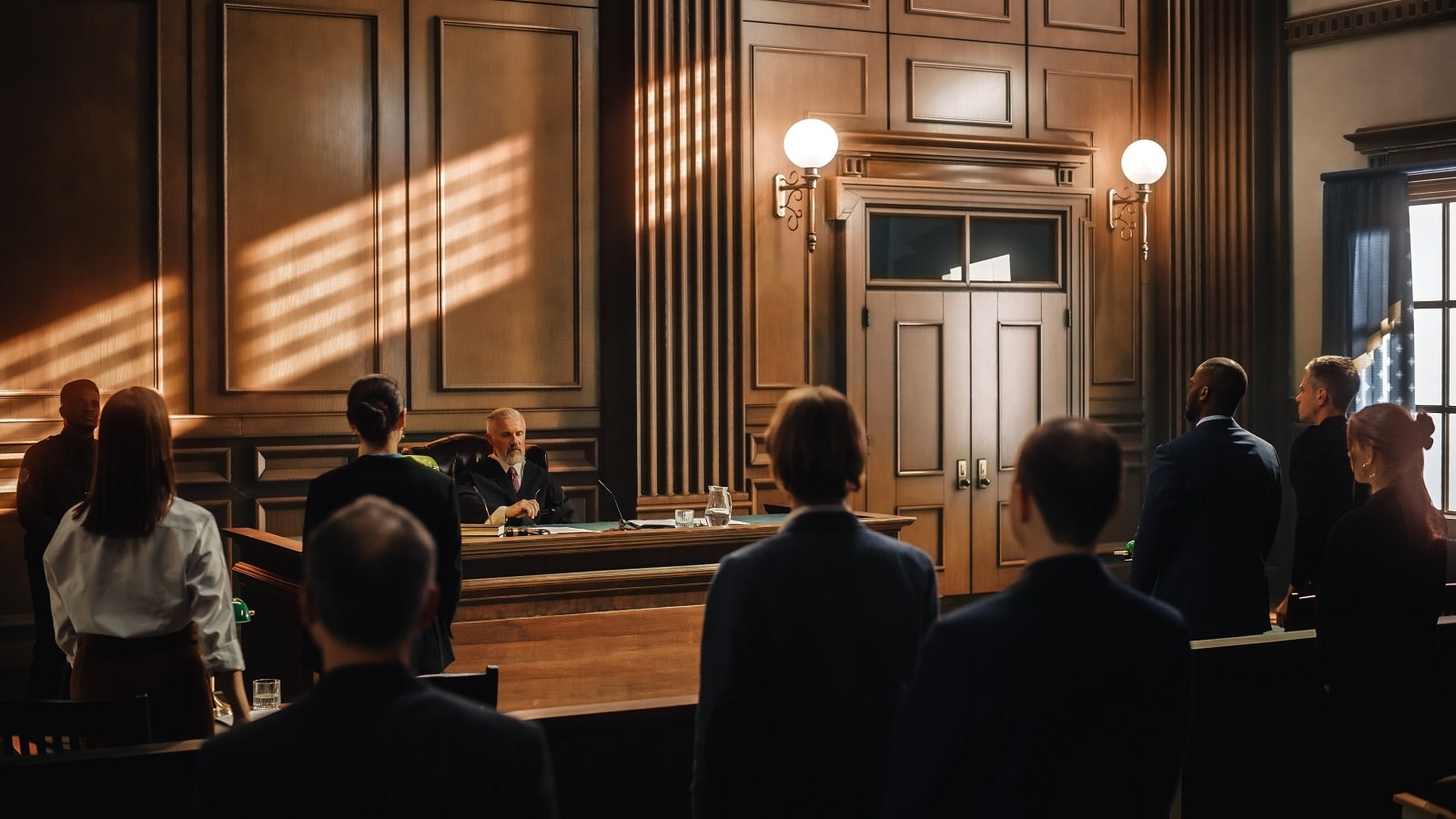
Similarly, the previous attorneys general’s removal of legal defences for protesters has exacerbated the situation, leading to what the letter describes as “absurd” courtroom scenarios where juries cannot hear essential evidence from defendants about their motivations.
Call for Roundtable

The signatories have urged Cooper to engage in a roundtable discussion with civil society organisations to address these pressing concerns about the attack on the fundamental rights of free speech and peaceful protest.
Historical Significance

Areeba Hamid, co-executive director of Greenpeace UK, highlighted the historical significance of protest in driving social change. She stated, “Protest can be annoying and inconvenient, but it’s an annoying and inconvenient protest that has led to the end of slavery, votes for women, basic workers’ rights and the bans on nuclear testing and commercial whaling.”
Engine of Progress

She added, “It’s been the engine of social and environmental progress for over a century, and that’s why we can’t afford to become a country that routinely sends peaceful protesters to jail for years.”
Concerning Trend
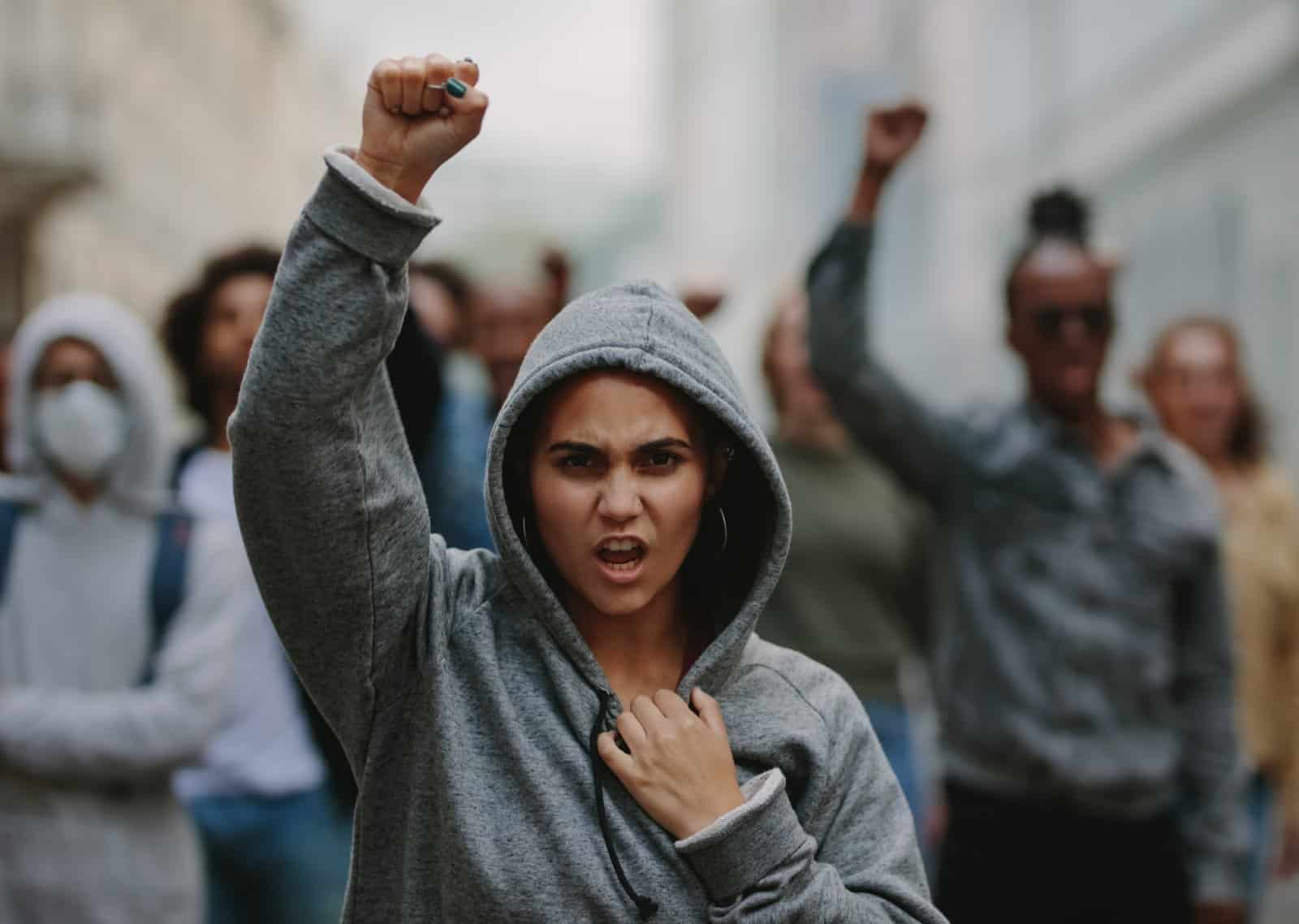
Sam Grant, Liberty’s director of advocacy, echoes these concerns, stating, “The trend of increasingly severe prison sentences for non-violent protesting is incredibly concerning for our democracy, and is a stark reminder of the dire state of our right to protest in the UK. We need a Government that listens to, rather than punishes protesters, and for the dangerous legislation of recent years to be immediately overturned.”
System Overburdened

As if concerns over the democratic right to protest were not enough, the letter also points out the insanity of imprisoning peaceful protesters when the criminal justice system and the nation’s prisons have been pushed to breaking point.
Absurd Imprisonment

It states, “The imprisonment of peaceful protesters is hard to justify at the best of times but it seems utterly absurd when the criminal justice system is creaking at the seams and the Home Office is grappling with an overcrowding crisis in our prisons.”
Home Office Response

In response to the letter, a Home Office spokesperson stated, “We recognise the democratic right that people must be free to peacefully express their views, but they should do so within the bounds of the law. Protest organisers should engage fully with the police. The letter has been received and we will respond in due course.”
Historical Perspective

However, the government’s tepid response does not correspond with the history of protest movements more generally, which often had to break the inhumane laws of their time to draw attention to them and, ultimately, force unwilling governments to change their stance.
Increasing Danger

As the world becomes a more dangerous place and, due to the impending climate catastrophe, the future of human life on earth becomes ever more tenuous, the debate over the right to protest will often be couched in terms that will cause the least problems for those who benefit most from the destruction of the environment.
Call to Action

The recent call to action by human rights and environmental groups shows just how serious the situation has become. The urgent need for a reassessment of Conservative policies and legislation is becoming ever more clear.
Future Uncertain
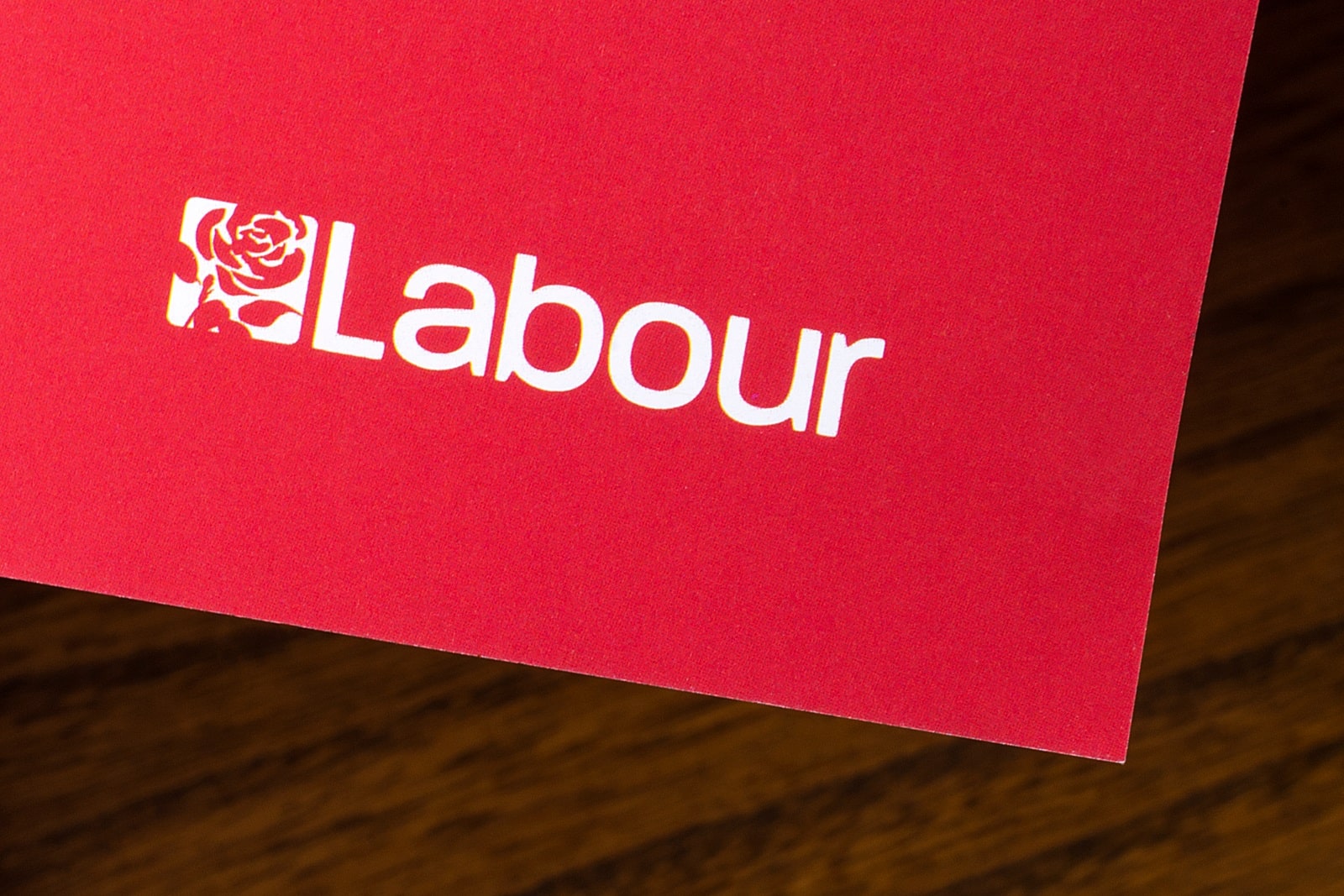
It remains to be seen whether the newly elected Labour government will defend the right to peaceful protest, the future of which hangs in the balance, or whether it will use the Conservative-introduced laws as a handy tool to criminalise protest that gets in the way of business as usual, all while protesters’ lives are ruined, and the planet continues to heat up.
10 Worst Places to Live in the UK Today

Here’s a look at the 10 worst places to live in the UK, based on statistical analysis and local sentiment, to help you understand the challenges residents may face in these areas. 10 Worst Places to Live in the UK Today
“We Will Never Come to Help You” – Trump’s Hurtful Words Raise Concerns About EU Firepower

It was revealed in a conference in Brussels that former President Donald Trump said in 2020 that the US would “never help” Europe if it was attacked. Now, European nations are grouping to commit more firepower to combat Putin’s threat to democracy. “We Will Never Come to Help You” – Trump’s Hurtful Words Raise Concerns About EU Firepower
Brexit Fallout: 20 Ways the EU Is Falling Apart Without the UK
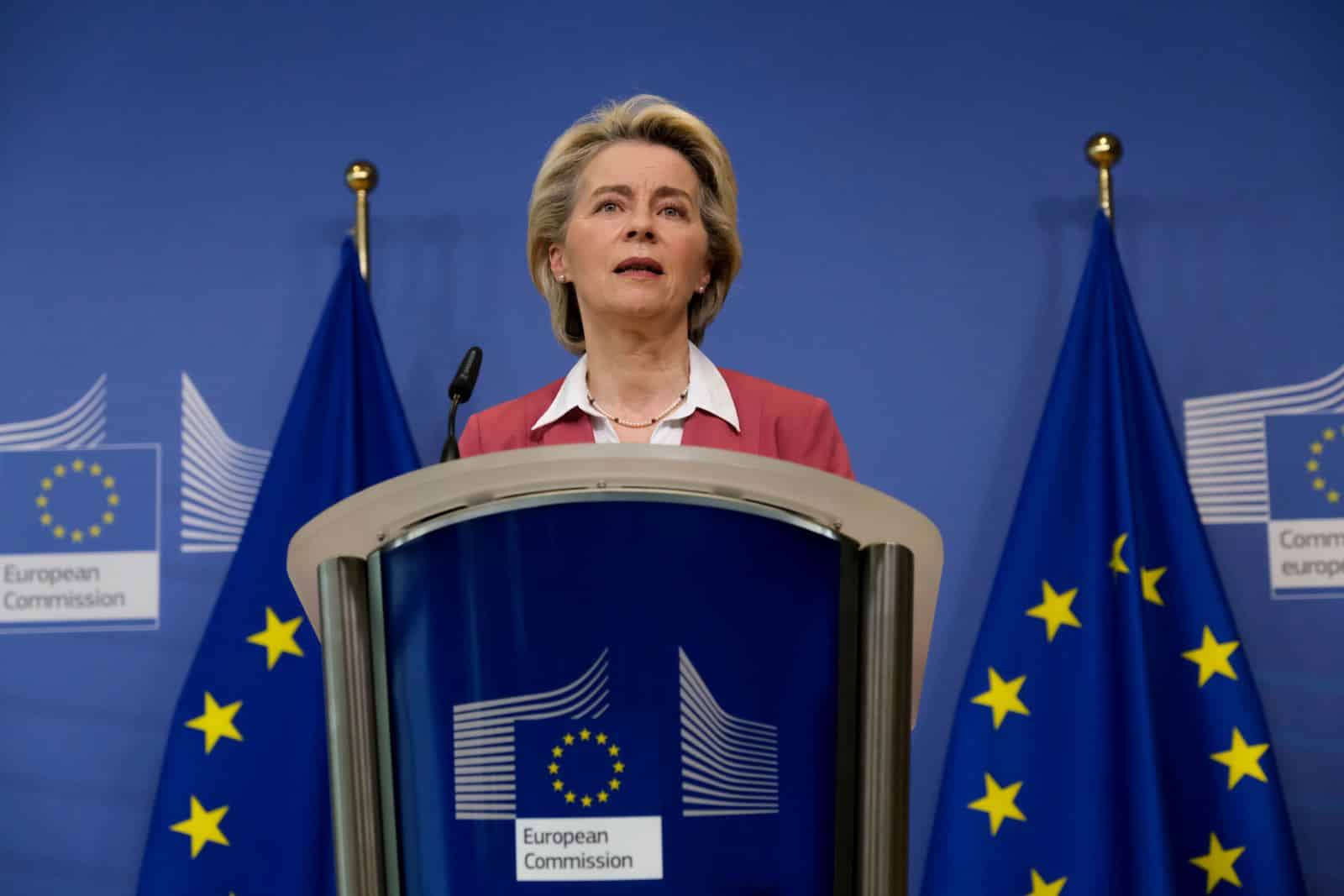
Since Brexit, the EU has been grappling with multiple crises and internal conflicts. Can the bloc hold itself together in these turbulent times? Brexit Fallout: 20 Ways the EU Is Falling Apart Without the UK
Featured Image Credit: Shutterstock / Sandor Szmutko.
Grant Gallacher is a seasoned writer with expertise in politics and impactful daily news. His work, deeply rooted in addressing issues that resonate with a wide audience, showcases an unwavering commitment to bringing forth the stories that matter. He is also known for satirical writing and stand up comedy.

